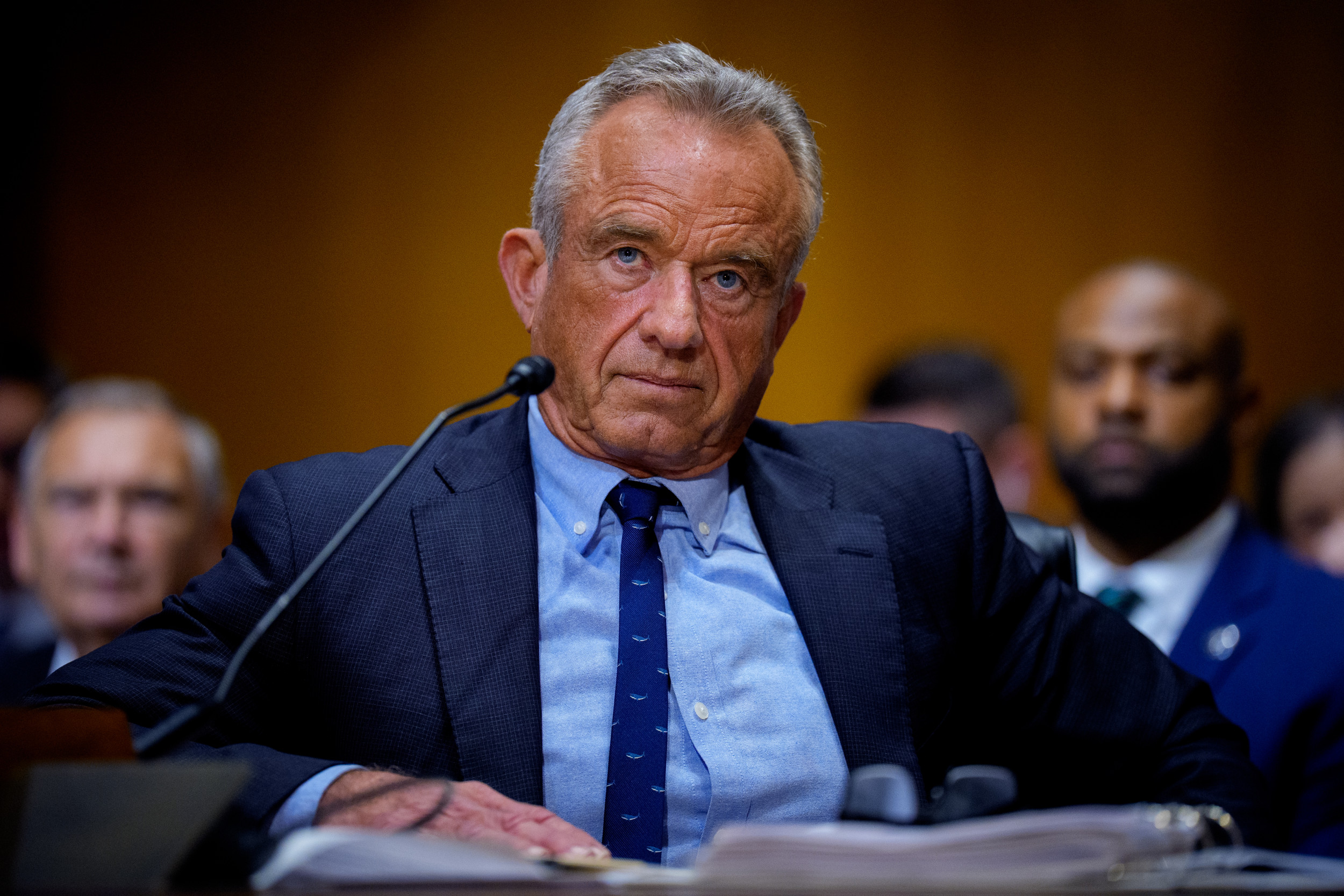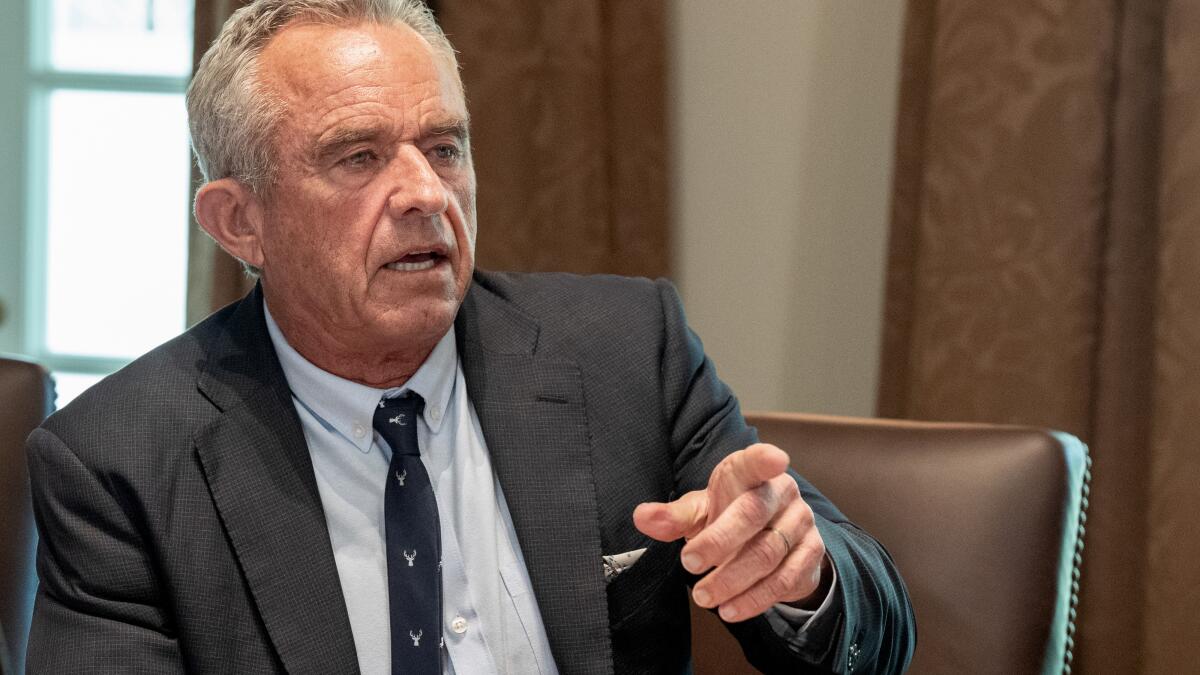Calls for Resignation: Health Secretary Kennedy Jr. Faces Growing Pressure

In a heated congressional hearing, Health and Human Services Secretary Robert F. Kennedy Jr. found himself at the center of intense cross-party scrutiny. The testimony quickly became a high-stakes verbal sparring match, with senators from both Republican and Democratic sides challenging the secretary's statements and policy positions.
Kennedy faced pointed questions and passionate exchanges, demonstrating the complex political landscape surrounding current health and human services issues. His appearance before the committee highlighted the ongoing tensions and differing perspectives on critical healthcare and social policy matters.
The hearing underscored the challenging nature of navigating bipartisan discussions in today's politically charged environment, with Kennedy defending his department's strategies while senators pressed for clarity and accountability.








